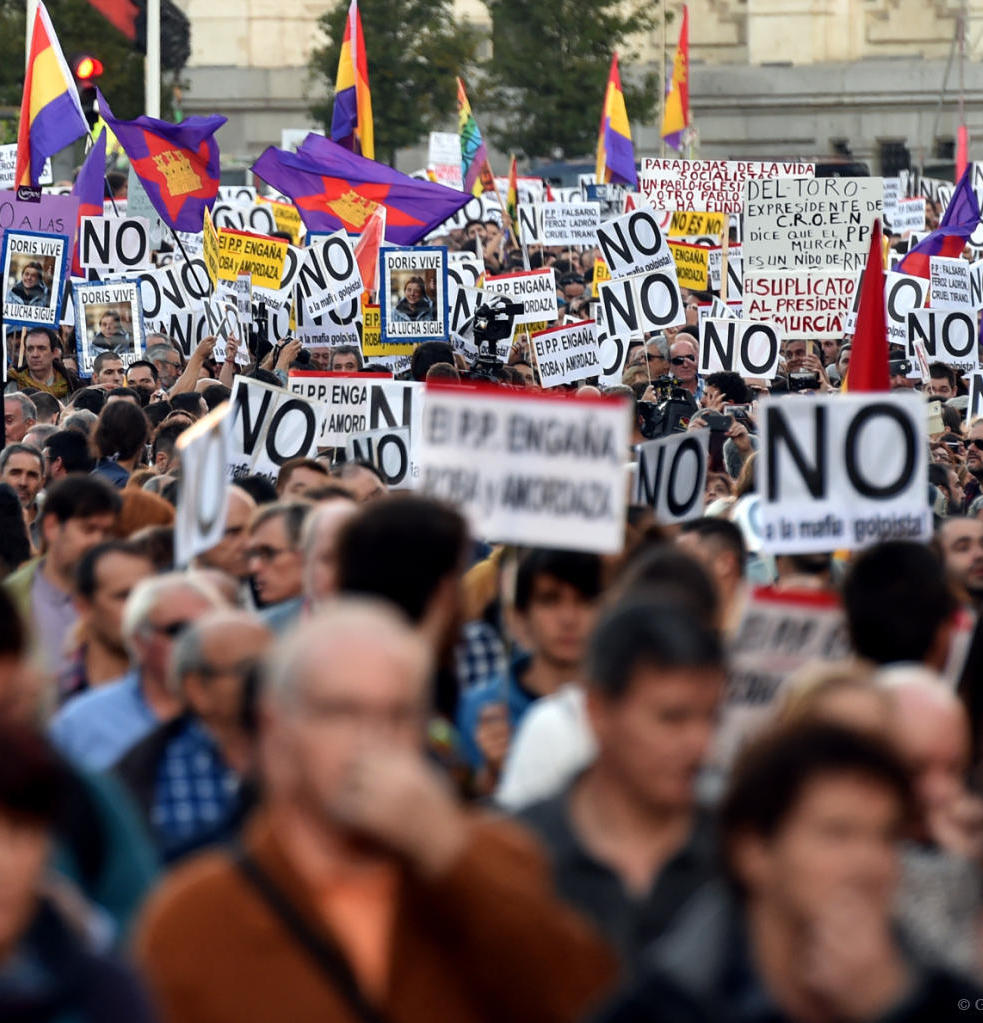Mariano Rajoy reappointed Spanish prime minister as 10-month deadlock broken
Mariano Rajoy is expected to be sworn in on Sunday after winning enough votes in parliament to form a minority government as Spain’s prime minister. The conservative leader secured enough support in a second vote in parliament on Saturday, having failed to get the backing he needed on Thursday. He achieved 170 votes while 111 politicians voted against him and 68 abstained. The rival Socialist party had agreed last week to abstain from the second vote, thereby breaking the deadlock. Thousands of protesters, questioning the legitimacy of Mr Rajoy’s election, gathered outside Parliament ahead of the vote.
We have survived 300 days of caretaker government, but we could not survive a government that doesn’t govern because it lacks supports or is overwhelmed by obstacles. The cost would be ruinous
Mariano Rajoy
Mr Rajoy, 61, won his first term in 2011 and found himself in charge of a country suffering severe recession, with unemployment hitting 27% and banks needing a €41bn European bailout. The confidence vote comes after two inconclusive elections and failed attempts at coalition-building between rival parties. Former Socialist leader Pedro Sanchez resigned his seat in parliament earlier on Saturday, tearfully saying that while he would not defy his party’s decision to help Mr Rajoy win, he could not bring himself to vote for him either. Mr Rajoy is expected to be sworn in before Spain’s King Felipe VI on Sunday. He will announce his new cabinet on Thursday next week and they will be sworn in on Friday.
I cannot let down the millions of Socialists who trusted in me and shared with me the path of saying that ‘no is no’ to Mariano Rajoy
Socialist leader Pedro Sánchez

Politics